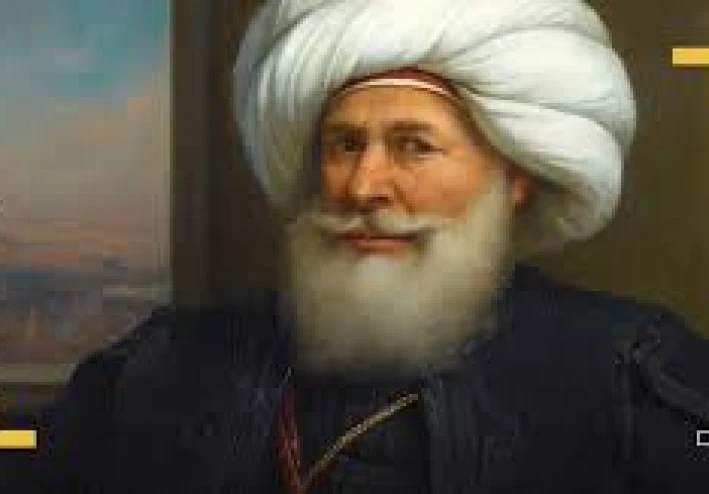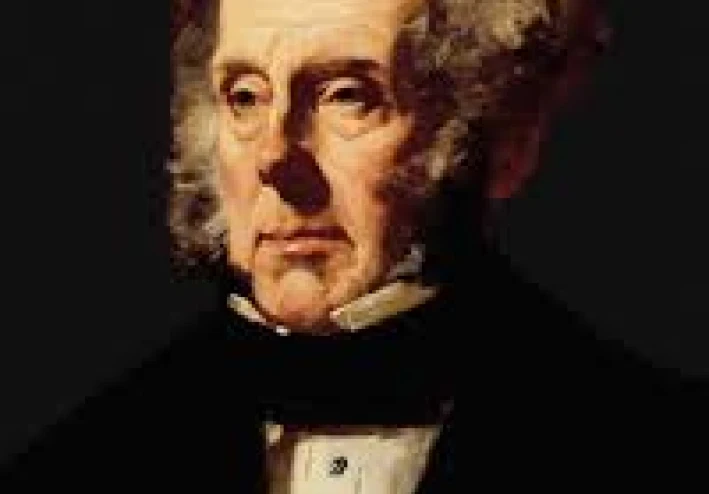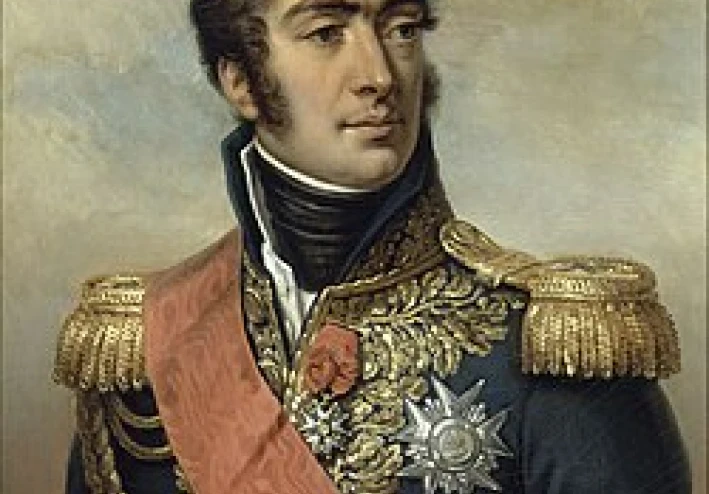The Egyptian Museum: A Jewel of Pharaonic Civilization

Introduction
The Egyptian Museum, located in Tahrir Square, Cairo, is one of the world's foremost cultural landmarks and a vital repository of ancient Egyptian history. This museum houses an unparalleled collection of artifacts that narrate the story of Egypt's ancient civilization spanning thousands of years.
History of the Egyptian Museum
The Egyptian Museum was first established in Boulaq in 1858, marking the inception of the public museum concept in Egypt. Thanks to the efforts of French archaeologist Auguste Mariette, the museum was relocated to its current site in 1902. The present building, designed in the Neo-Classical style by French architect Marcel Dourgnon, stands as a testament to the architectural elegance of the early 20th century.
The Museum's Collections
The museum boasts over 120,000 artifacts, representing a historical timeline from prehistory to the Roman and Byzantine periods. These collections can be categorized into several major sections:
1.The Royal Section:
 his section features an extensive array of royal statues, jewelry, and sarcophagi, including the treasures of the famous Pharaoh Tutankhamun.
his section features an extensive array of royal statues, jewelry, and sarcophagi, including the treasures of the famous Pharaoh Tutankhamun.
2.The Funerary Section:

This area contains coffins, amulets, and tools used in ancient Egyptian funerary practices, offering insights into the Egyptians' rituals and beliefs surrounding death.
3.The Papyrus Collection:

It includes a variety of papyri, providing a rare glimpse into daily, religious, and legal aspects of life in ancient Egypt.
4.Daily Life and Artistic Artifacts:

This section showcases everyday items and artistic pieces such as pottery, furniture, and jewelry, reflecting the daily life and craftsmanship of ancient Egyptians.
Notable Artifacts

-The Gold Mask of Tutankhamun: Arguably the most famous artifact in the world, it epitomizes the exquisite artistry of ancient Egyptian civilization.
- The Statue of King Khufu:

The only known statue of the king who commissioned the Great Pyramid of Giza.
-The Seated Scribe:

A remarkable example of ancient Egyptian sculpture, highlighting the significance of literacy in Egyptian society.
Activities and Events

The Egyptian Museum is more than just a display of ancient relics; it's a vibrant cultural hub that offers a range of activities and events:
- Guided Tours:
These tours provide visitors with an interactive and educational exploration of Egypt's history.
- Workshops: These allow visitors to learn about traditional Egyptian crafts and techniques.

- Special Exhibitions: Temporary exhibitions from museums around the world enhance cultural exchange and offer a broader perspective on ancient history.
Future and Expansion
Recently, efforts have been underway to develop the Grand Egyptian Museum in Giza, poised to become the largest archaeological museum in the world. The new museum will house an even more extensive collection of artifacts, including the complete treasures of Tutankhamun, further solidifying Egypt's position as a premier tourist destination.
Conclusion
The Egyptian Museum is far more than just a building filled with artifacts; it is a gateway to the rich and storied heritage of the Egyptian people. As the cultural heart of Cairo, the museum continues to attract millions of visitors from around the globe, eager to delve into the depths of ancient Egyptian civilization.






































